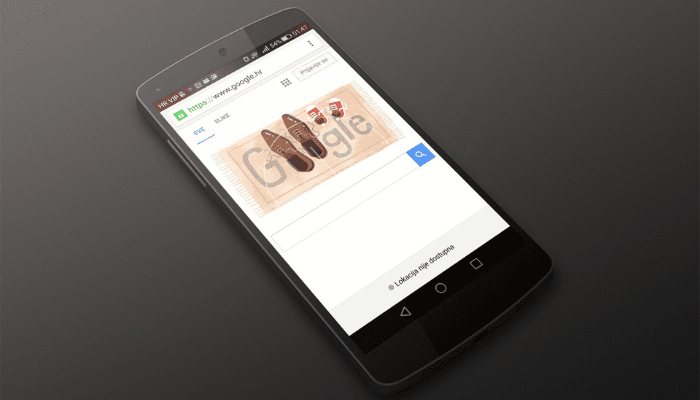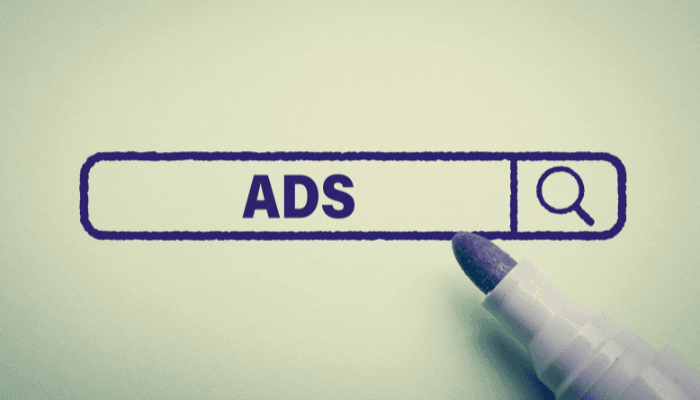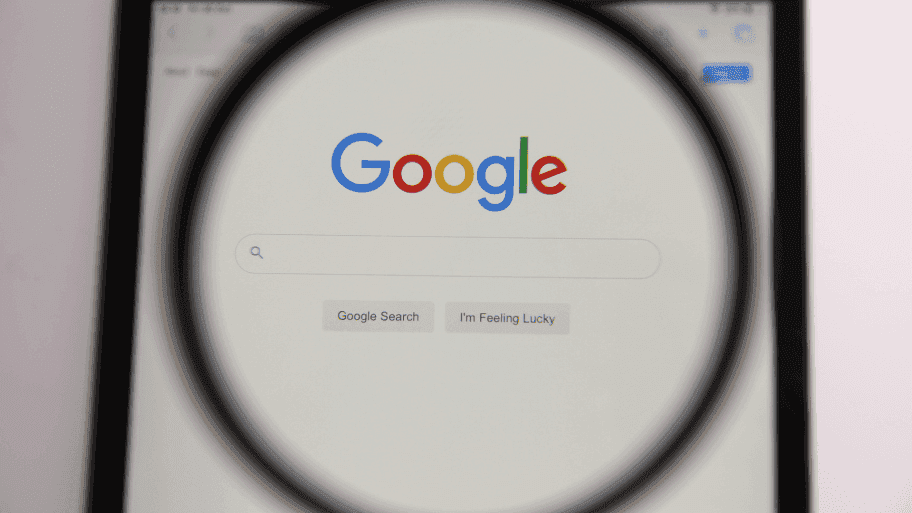**As of June, Google Ads will automatically stop inactive keywords. **
Learn more in today's article on Grow Easy!

Highlights
- Google Ads will automatically stop inactive keywords.
- Advertisers can unpause paused keywords if needed
Google is sending emails to advertisers to let them know that it will soon begin automatically pausing weakly active keywords.
According to the email, positive keywords in search ad campaigns will be considered low-active if they haven't generated impressions in more than a year.
This change is intended to help advertisers focus on valuable keywords instead of cluttering their accounts with underperforming keywords.
Google's email to advertisers
In an email sent to advertisers, Google states:
"Starting in June 2024, we'll start automatically pausing low-performing keywords."
In the email, "low activity" is defined as keywords created more than 13 months ago that have registered zero impressions during that time.
Rationale for change

Google explained the reason for this change:
"We want to help advertisers simplify their accounts and focus on keywords that drive results."
Options and recommendations for advertisers
You can automatically unblock stopped keywords, although Google recommends only unblocking keywords that will receive impressions in the coming weeks.
Unpaused keywords will be automatically paused again if they fail to generate any impressions over the next three months.
Google's email reads:
"If you decide that a paused keyword is necessary for your campaign, you can pause it. However, we strongly recommend that you only snooze keywords that you think will get impressions in the coming weeks. Unpaused keywords will be automatically paused again if they don't get any impressions in the next 3 months."
Why we care
By automatically pausing low-performing keywords, Google aims to clean up advertisers' accounts and encourage a more focused approach to high-performing keywords.
However, some advertisers may find value in keeping low-activity keywords for a variety of reasons, such as capturing long searches or tailoring to specific marketing objectives.
What this means for advertisers

This change means that advertisers need to review and refine their keyword strategies.
Since Google Ads will automatically stop low-performing keywords, advertisers need to be more proactive in identifying and prioritizing high-performing keywords.
This may include reviewing campaign goals, adjusting bidding strategies, and ensuring keyword lists are current and relevant.
Use this update to re-evaluate keyword strategies and consider new, relevant keywords with potential.
See more from the Grow Easy digital agency blog:
GOOGLE: LINKS ARE NO LONGER A SIGNAL TO RANK IN THE TOP THREE PLACES
